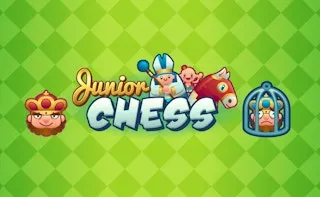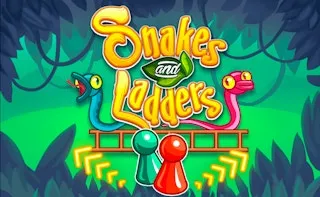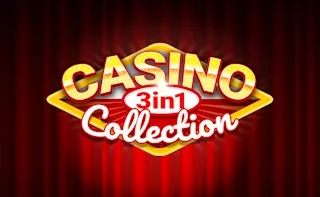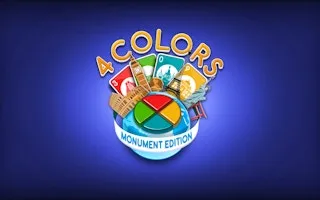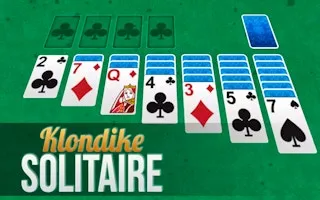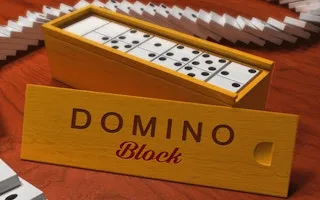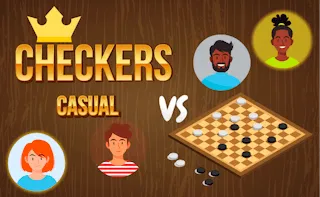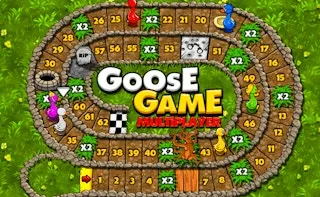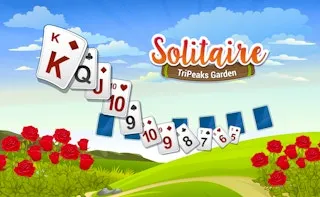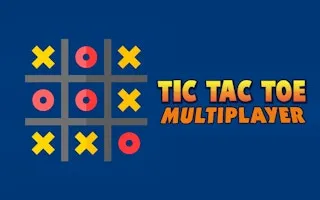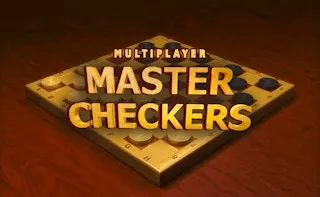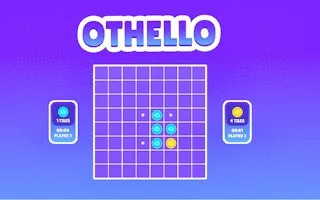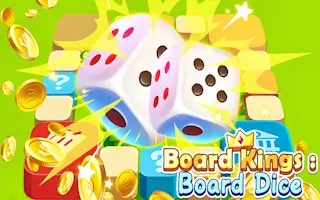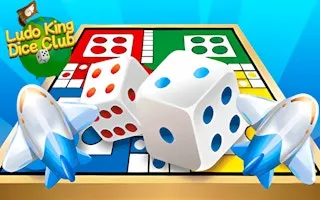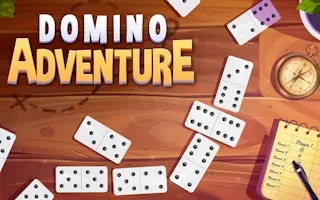Board Games
96 games in total. Page 1 of 3
Board Games: A World of Strategy, Fun, and Learning
Discover the exciting world of board games, from classics like chess to modern strategy games. Learn how these games provide fun, learning, and social connection for all ages. Board games have a rich history that spans thousands of years, and they continue to captivate people of all ages today. Whether it's a family-friendly game night, a strategic duel, or a solo adventure, board games offer a unique experience that fosters creativity, critical thinking, and social interaction. As technology advances, the allure of traditional tabletop games remains strong, offering a tactile and mentally engaging experience that digital entertainment often can't replicate.The Resurgence of Board Games in Modern Culture
Over the past decade, the popularity of board games has surged, even in a world dominated by technology. Why is this? It's partly a reaction to the overwhelming presence of digital media. People crave real, face-to-face interaction in an era where social connections are often virtual. Board games provide a perfect platform for this, allowing families, friends, and even strangers to connect over a shared experience. Games like Monopoly, Chess, and Settlers of Catan have become cultural staples, passed down through generations. They are more than just entertainment; they are tools for learning, developing social skills, and improving cognitive abilities. In fact, many modern board games blend both the physical and digital worlds, creating a hybrid experience. Games like Gloomhaven and Mansions of Madness incorporate apps that enhance gameplay, offering story-driven elements or managing complex mechanics. This combination of analog and digital features makes board gaming even more accessible and immersive for modern audiences.Types of Board Games: From Classics to Modern Innovations
The world of board games is vast and diverse. From strategic war games to cooperative storytelling adventures, there is something for every type of player.Classic Strategy Games
Strategy games like Chess and Go are some of the oldest and most respected board games in the world. These games challenge players to think multiple steps ahead, weighing every move carefully. These "war games," as they're often called, teach patience, planning, and foresight—qualities that have kept them relevant for centuries. Chess, in particular, has seen a renaissance in popularity thanks to global tournaments, online chess platforms, and mainstream media like Netflix's The Queen's Gambit.Family and Party Games
On the lighter side, family games such as Monopoly, Clue, and Scrabble offer fun and competitive gameplay that can be enjoyed by players of all ages. These games are perfect for casual gatherings, bringing together people with different skill levels. Family-friendly games often emphasize luck as much as strategy, making them accessible to younger players while still engaging for adults. In recent years, games like Ticket to Ride and Catan have introduced new families to the world of board gaming, making complex gameplay more approachable.Cooperative Games
In contrast to competitive games, cooperative games have emerged as a popular genre, emphasizing teamwork and collective problem-solving. Titles like Pandemic and Arkham Horror encourage players to work together to achieve a common goal, whether it's curing diseases or stopping an ancient evil. These games not only provide a fun experience but also help foster communication and collaboration skills, making them ideal for family game nights or team-building exercises.Solo Games
For those who enjoy a more introspective experience, solo board games offer a challenge that’s both personal and strategic. Games like Mage Knight and Onirim have been designed specifically for single players, giving them the opportunity to delve into intricate puzzles, tactical combat, or story-driven adventures on their own terms. Solo board gaming is growing in popularity, especially among those who love the experience of traditional tabletop games but don’t always have a group to play with.Educational and Cognitive Benefits of Board Games
While board games are undoubtedly fun, they also come with a host of educational benefits. Studies have shown that playing board games can improve cognitive skills such as memory, problem-solving, and critical thinking. Strategy games, in particular, require players to plan ahead, think critically, and make quick decisions based on new information. These skills are not only useful in the context of the game but also translate to real-world situations. For children, games like Scrabble and Boggle help develop vocabulary and spelling skills, while math-focused games like Prime Climb improve numeracy. Even seemingly simple games like Connect Four or Candy Land teach younger players important concepts such as counting, color recognition, and turn-taking. Moreover, many modern board games incorporate educational themes. Games like Ecos: First Continent and Wingspan explore topics such as biology, geography, and environmental science, turning the gaming table into a space for learning.Social Connection and Emotional Benefits
In addition to the cognitive benefits, board games provide invaluable social and emotional experiences. In a world where much of our communication is mediated through screens, sitting down with others to play a board game fosters real human interaction. Games require communication, negotiation, and often compromise, helping to build relationships and strengthen bonds. Family game nights are a classic example of this, where generations can come together to share laughs and create memories over the gaming table. Moreover, playing board games can help reduce stress. The act of focusing on the game, working toward a goal, and spending time with others in a fun, low-pressure environment can be a powerful way to unwind. Research has shown that these types of leisure activities can improve mood and mental health, offering a break from the rigors of daily life.Why Board Games Are Here to Stay?
The board game industry is booming. According to market research, the global board game market is expected to grow at a significant rate, driven by increasing demand for both family-friendly and strategy-focused games. The rise of crowdfunding platforms like Kickstarter has also made it easier for indie developers to bring new and innovative games to market, contributing to the diversity and vibrancy of the hobby. With new mechanics, themes, and styles being developed constantly, the future of board gaming is bright. And as long as people continue to seek out meaningful social connections and mentally stimulating entertainment, board games will remain a beloved pastime. The board game category offers something for everyone—whether you're looking for a deep strategic challenge, a fun family activity, or a solo adventure. The tactile nature of board games, combined with the mental and social benefits they provide, makes them a timeless form of entertainment that’s well-suited to our modern world.PunyGame © 2022. All rights reserved.
